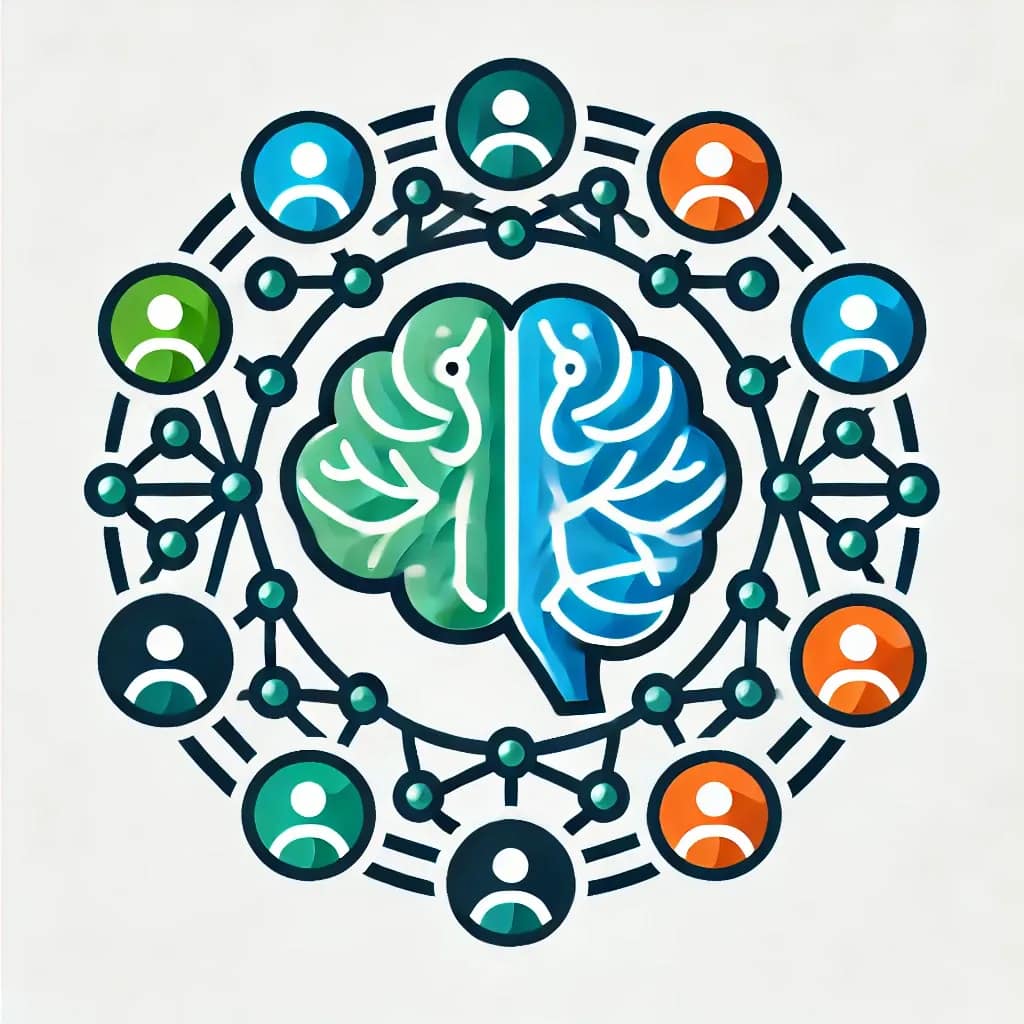In the 1960s, Albert Bandura, a Canadian-born American psychologist, first coined Social Cognitive Theory (SCT) under the name Social Learning Theory. Originally focused on the observation and imitation of behaviors, SCT remains unique in its recognition of both external and internal social reinforcements, as well as environmental influences on human behavior. The theory is particularly concerned with how individuals regulate their behavior over time to achieve goal-oriented outcomes.
An example of the practical application of Bandura’s research to leadership is his work on self-efficacy — the belief in one’s own abilities. Bandura demonstrated that self-efficacy influences the actions people choose to take, the effort they exert, and how they emotionally experience these efforts. SCT ties together various dynamics related to human behavior, including self-regulation, goal setting, and even moral decision-making, making it especially relevant for leaders.
Many of the best leaders develop a knack for social psychology through their on-the-job experiences, deepening their understanding of themselves and others over time. These leaders often document their experiences in books or even develop their own theories. As they grow, they learn key lessons about accountability, behavior modeling, self-improvement, and effective communication to inspire and motivate their teams. Focused learning of Social Cognitive Theory not only enhances this natural progression but also equips leaders who may not have an innate understanding of social psychology with the understanding and knowledge needed to lead more effectively and influence their organizations at a deeper level.
1. Increase Intentional Leader Behavior and Reduce Trial-and-Error Learning
In my study of former CIA leaders — individuals who ascended to some of the highest levels of government leadership — I found that while they honed their leadership skills on the job, much of this development was through their own trial and error or the error of their own leaders. For example, one participant reflected on learning the importance of being physically present for his team, even in difficult circumstances. He primarily learned this from experiencing his own leader who did not show up for the inconvenient parts of an operation. Another participant discussed how they realized the importance of clear, direct, communication only after several misunderstandings affected the moral between two teams trying the work together.
While a few mistakes are natural and part of any learning process, too many leadership errors can have a detrimental impact on subordinates and the organization as a whole. When leaders make repeated mistakes, it undermines employee experience and can negatively affect retention rates. By learning about SCT, leaders can reduce the frequency of costly errors and adopt more intentional leadership behaviors from the outset.
2. Provide Foundational Goal-Oriented Social Psychology Knowledge that Evolves with Leadership Roles
Initially, most leaders only need to understand individual and team dynamics. They focus on motivating others toward short-term goals, gradually learning the importance of communication skills. However, as leaders advance within an organization, they are required to think more strategically about long-term goals, organizational-wide behavior, and policies. Social Cognitive Theory is flexible and grows with them as they transition from managing small teams to overseeing broader organizational objectives.
Lateral growth is also common for leaders. For instance, a leader who starts as a product manager may eventually move to a role that involves influencing organizational culture or investigating insider threats. SCT applies to a wide range of leadership environments. For example, the concept of self-efficacy can help leaders understand team members’ behavior and their developmental needs. It can also inform hiring strategies, organizational development, and even change management within the learning and development departments.
Leadership training programs often aim to equip leaders with self-awareness and insights into human dynamics, preparing them for increasingly complex responsibilities. These trainings are based on a variety of theories, from servant leadership to strength-based approaches. However, rather than pushing a specific “leadership style” or theory that might not resonate with leaders of various personalities, what if leaders were equipped with a foundational understanding of social psychology, allowing them to adapt and grow over time? SCT offers leaders the flexibility to expand their knowledge as their roles evolve, rather than conforming to a singular leadership mold.
3. Enhance Self-Discovery, Bias Awareness, and Emotional Regulation
SCT makes the often vague goals of self-awareness and emotional intelligence more tangible for leaders. By learning about self-sanctions (the rewards or punishments individuals apply to themselves), leaders can better understand how they regulate their own behavior and motivations. This understanding helps leaders not only recognize their own biases and emotional triggers but also develop strategies for emotional regulation.
Self-awareness and emotional intelligence have become leadership buzzwords in recent years. Yet, SCT adds depth to these concepts by helping leaders grasp how personal factors (e.g., past experiences, emotional responses) influence their behavior and decision-making. Additionally, SCT explores not only what leaders are thinking and feeling but how these patterns developed over time, providing a comprehensive framework for self-discovery and bias awareness.
A curriculum designed to help leaders understand SCT would bridge the gap between leadership practitioners and researchers. As SCT is a complex theory with many layers, there is always more to learn. It offers leaders a framework that grows with them, adapting to their needs as their perspectives expand. Instead of imposing a rigid leadership style, SCT equips leaders with the tools to understand their experiences, others’ behaviors, and the organization as a whole. Furthermore, SCT’s focus on goal-oriented behavior makes it especially valuable in organizational settings, setting it apart from many commercialized leadership theories.
Conclusion
Understanding Social Cognitive Theory offers leaders a roadmap to navigate the complexities of leadership with greater intentionality, fewer mistakes, and a deeper understanding of human behavior. Rather than focusing on narrow assessments or fixed leadership models, SCT provides leaders with the tools to grow and evolve alongside their increasing responsibilities. The next step is to develop training and curricula that incorporate SCT, ensuring that future leaders are equipped with the psychological insights needed to succeed in today’s complex environments.



